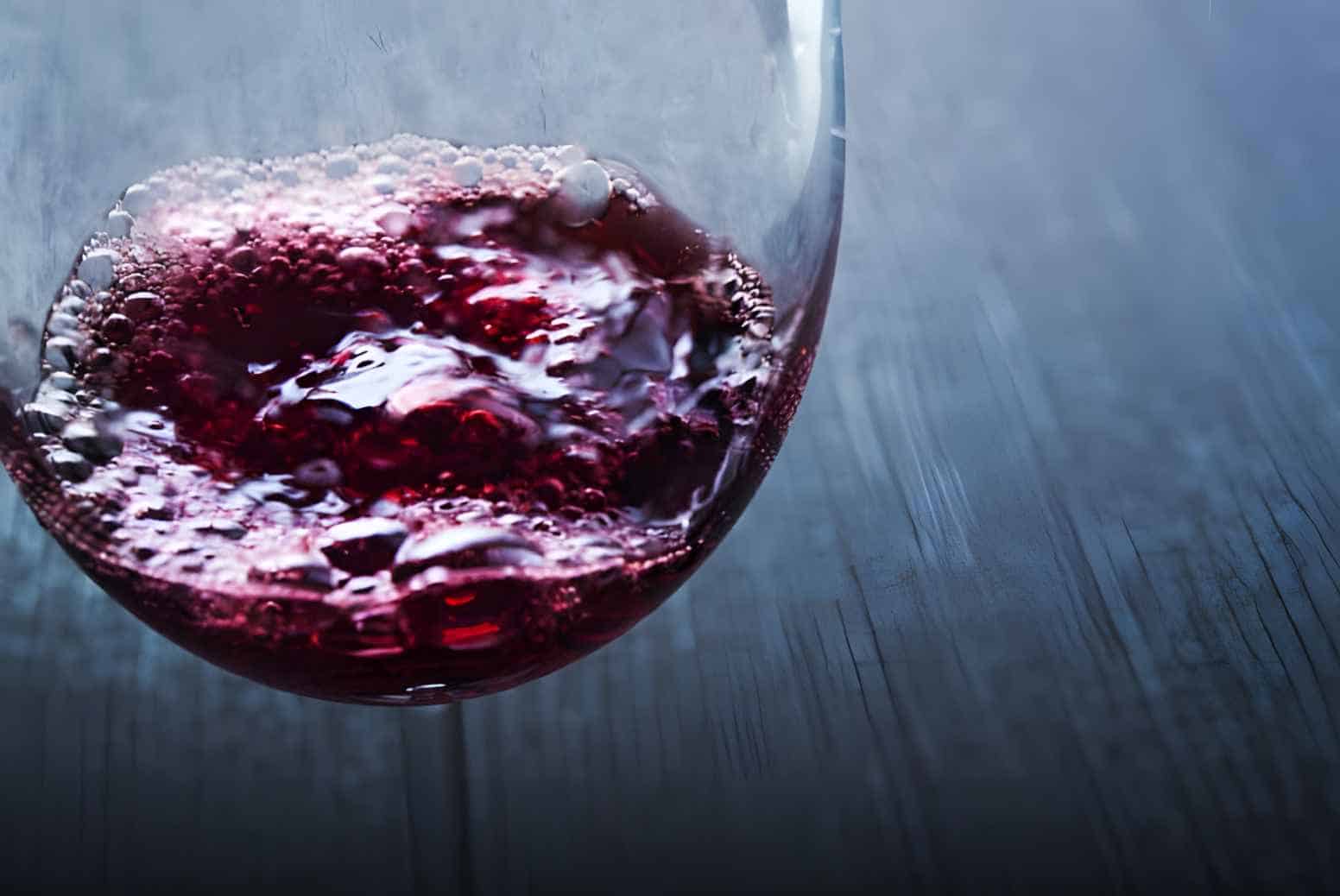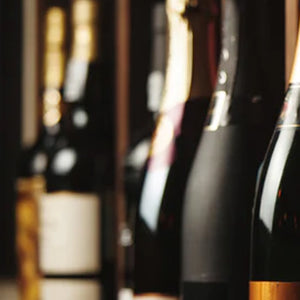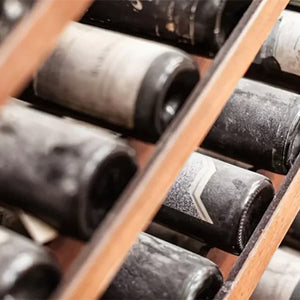
What Are Tannins?
If you’re a regular red wine drinker, you’ve likely come in contact with tannins before. These astringent, polyphenolic compounds are responsible for the drying sensation left on your tongue, cheeks, and gums—though what exactly are they, what do they do, and how do they help in the wine aging process? We’re breaking down everything you need to know about these small-yet-fierce compounds found in your favorite bottles, here.
What Are Tannins?
Tannins are bitter, polyphenolic compounds that are naturally occurring in the skins, stems, and seeds of grapes. Outside of grapes / wine, tannins are also found in a variety of foods, including the skins of many fruits, nuts, and legumes.
What Do Tannins Feel Like?
Scientifically speaking, tannins combine with other proteins—including those present in saliva—to create an astringent, drying sensation on the palate. Historically, the main role of tannins in nature was to prevent humans and animals from eating unripe fruits and plants.
However, not all tannins are created equal. Tannins vary from wine to wine, and can often present different textures on the palate. Some tannins feel satiny and silky, whereas others can feel grainy and harsh. You know the drying sensation in your mouth that comes from eating an underripe peach or over brewed cup of tea? These feelings are both caused by tannins!
Which Wines Are High in Tannins?
Similar to the fruit and tea examples above, wines high in tannins can create a drying sensation on the tongue, cheeks, and gums. Because tannins are generally present in the skins, stems, and seeds of grapes, their presence is most commonly felt in red and skin-contact (orange) wines. Examples of high-tannin grapes include Cabernet Sauvignon, Nebbiolo, Syrah, Mourvèdre, and Tempranillo.
Do Tannins Help Wine Age?
Yes. A high presence of tannins in wine will provide it with the structure to age gracefully over time. However, in addition to the presence of tannins, the wine must also be well made and balanced in other facets, specifically with regards to acidity.
Does Decanting Wine Help Soften Tannins?
Yes. When tannins come into contact with oxygen, the combining of these two molecules actually causes the tannins to soften. However, decanting a tannic wine won’t soften its tannins as much as aging well—as they say, patience is a virtue!
Which Foods Pair Best with Tannic Wines?
Similar to the reaction that takes place with oxygen, tannins will also soften when combined with fat. This is why wines higher in tannins often pair well with heavy, fattier foods. Think of your classic Cabernet Sauvignon pairings—steak, roasted meats, rustic stews, fatty cheeses, and more. The fat in these foods will combine with tannins in wine to bring the best out of the other: the fat will soften the tannins, while the tannins will bring out savory flavor in the food. A true win-win!




